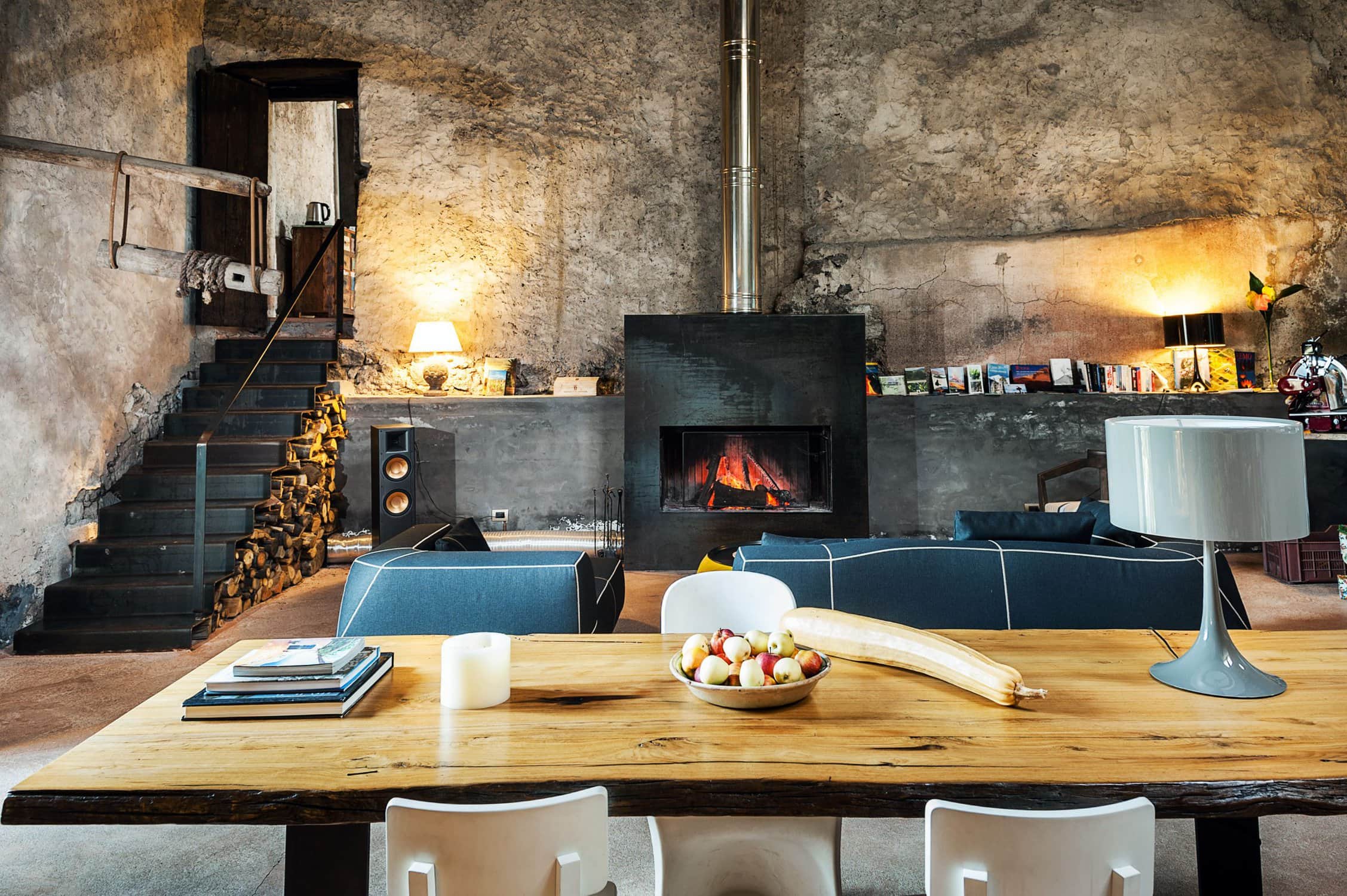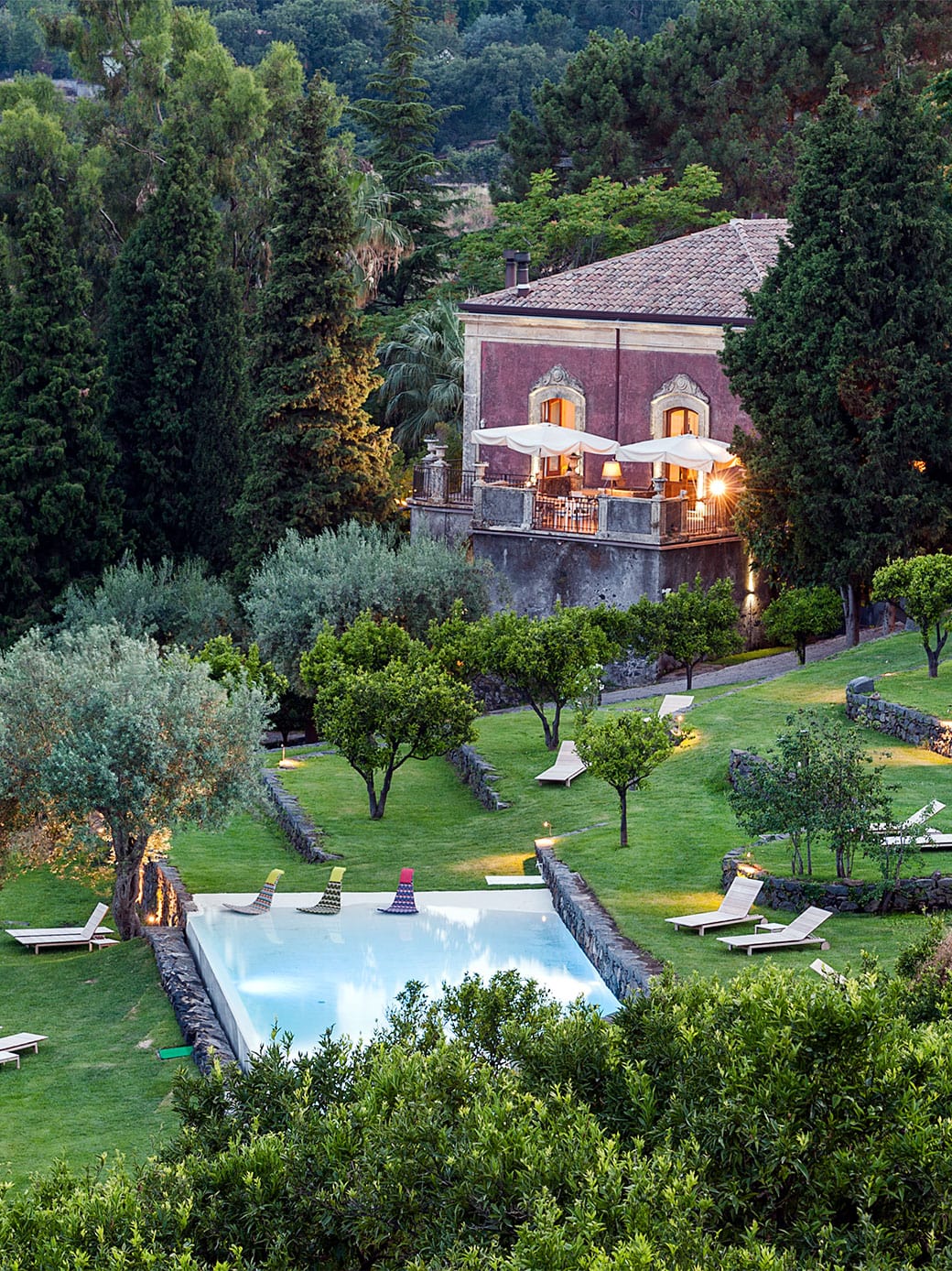Sicily – Italy’s Slow Food Treasure
Italy, the birthplace of the Slow Food movement, focuses on preserving the culture of eating and drinking. High-quality, locally produced foods and their traditional methods of production are always at the forefront. Sicily is a mecca for Slow Food enthusiasts.
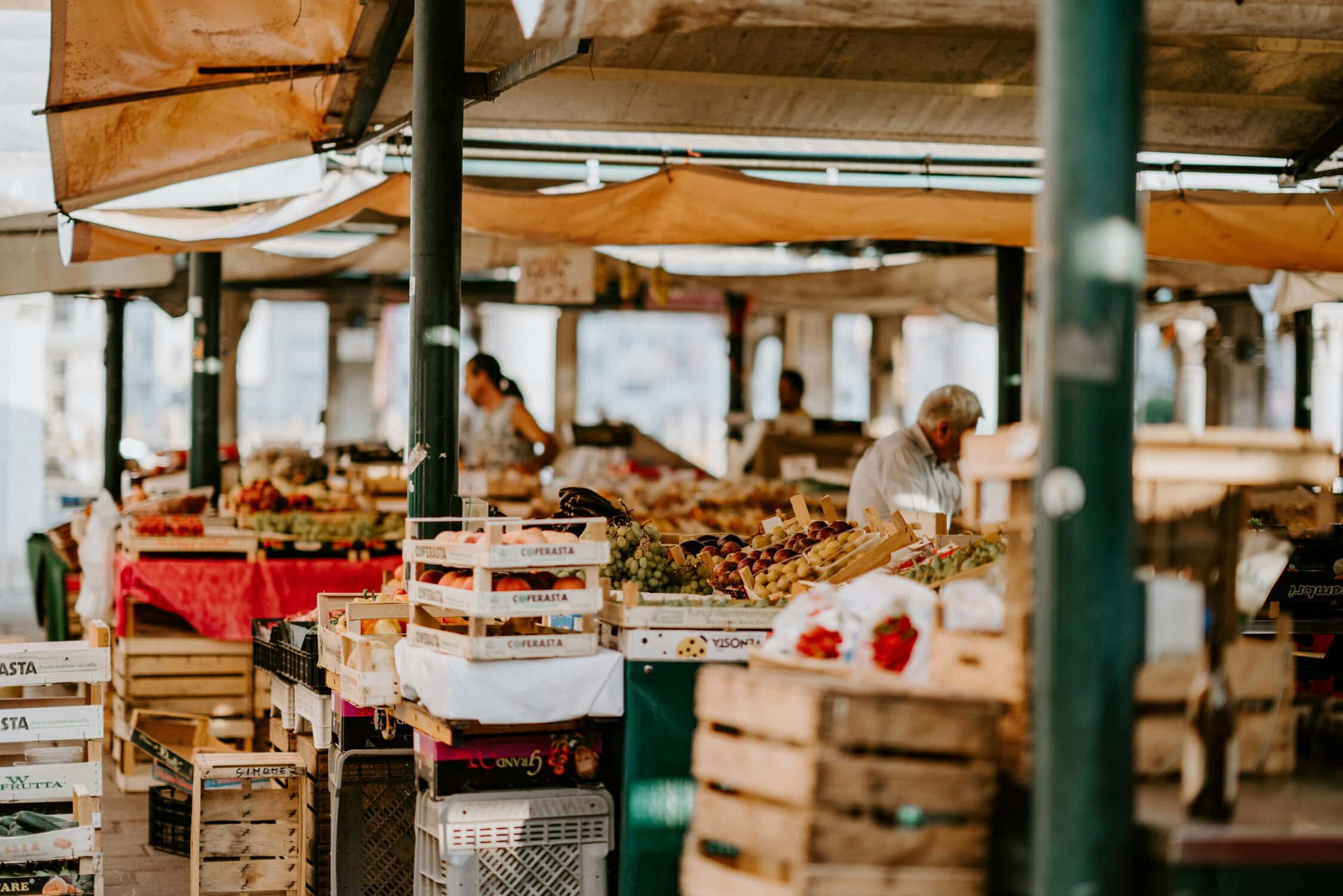
More Slow Food products than the rest of the world combined
Italy, with its rich culinary tradition and diverse regional cuisines, plays a leading role in the Slow Food movement. The variety of Slow Food products from Italy includes artisanal cheeses, air-dried hams, olive oils, traditional pasta varieties, wines, and many other local specialties. Each community, province, and region presents an amazing range of dishes and recipes that make a significant contribution to cultural identity.
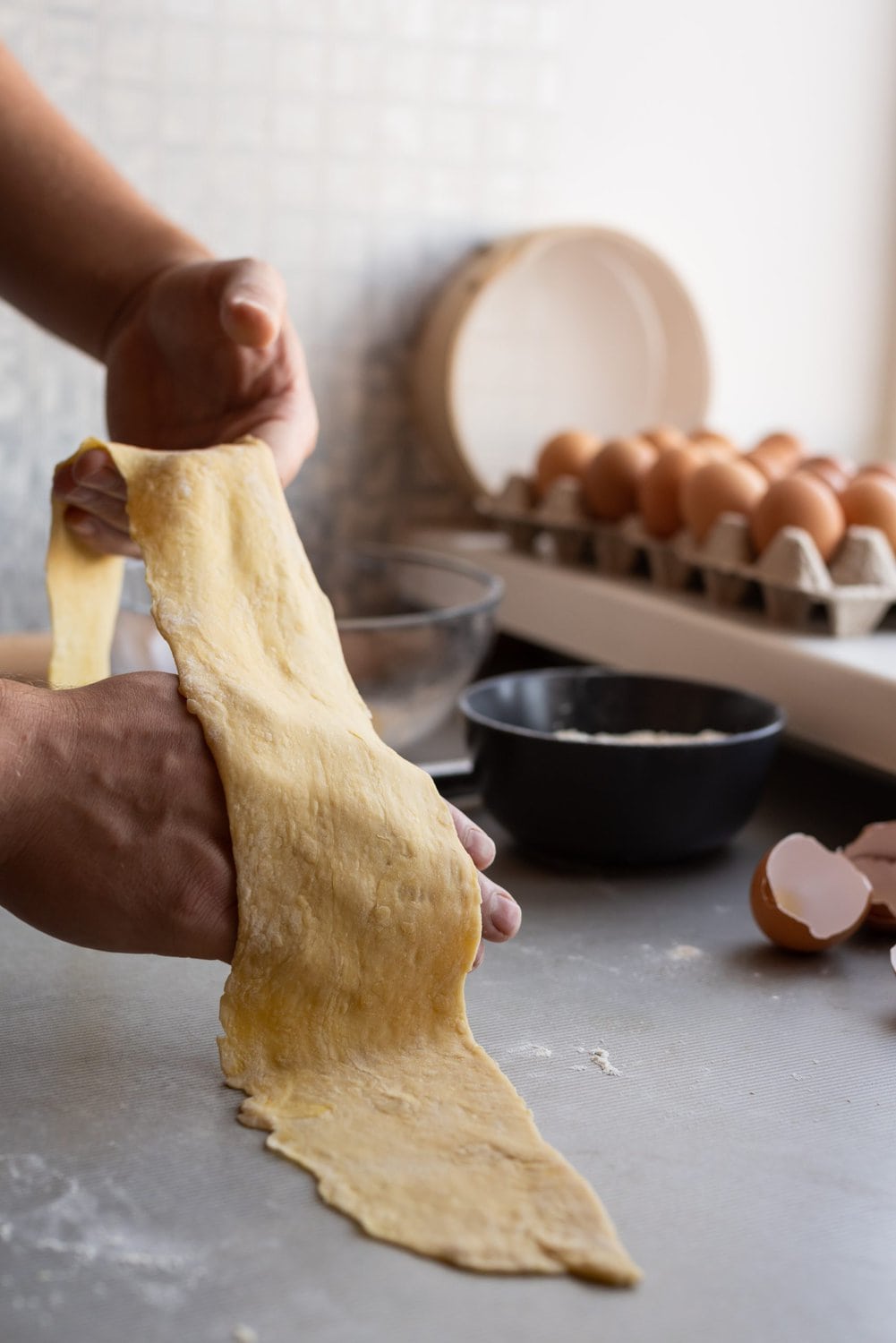
Culinary diversity of Sicily
The rich culture and culinary traditions of Sicily are the result of a complex history, where Greeks, Romans, Arabs, Normans, and Swabians have left their indelible marks on the island of "Trinakria," as it was called in ancient Greece.
The most sustainable culinary influences on Sicilian cuisine likely come from the Arabs, who introduced citrus fruits, rice, almonds, and sugar. The introduction of rice gave rise to Arancini, the characteristic southern Italian fried rice balls. Arab influences are also evident in traditional desserts such as the Easter cake Cassata and a preference for sweet and sour preparations.
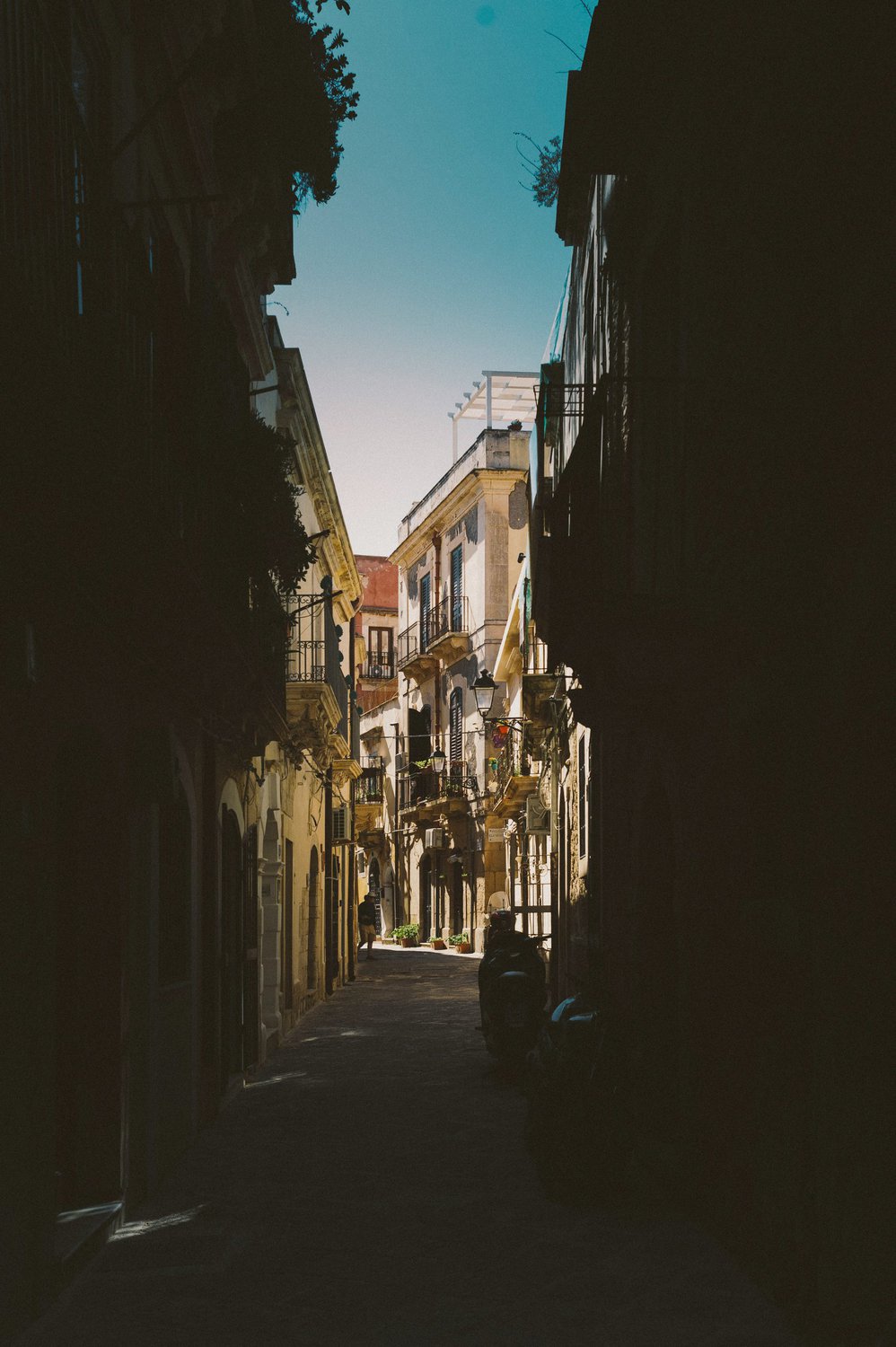
Paradise for gourmets
The culinary identity of Sicily is shaped by three crucial factors: fishing due to its proximity to the Mediterranean, outstanding climatic conditions, and volcanic soils that are particularly fertile. Similar to many coastal regions worldwide, fish and seafood take center stage in Sicilian cuisine along the water, while meat plays a secondary role. Tuna, swordfish, and sardines, especially, characterize the local fish cuisine, with the fishing of the first two species being a long-standing tradition on the island.
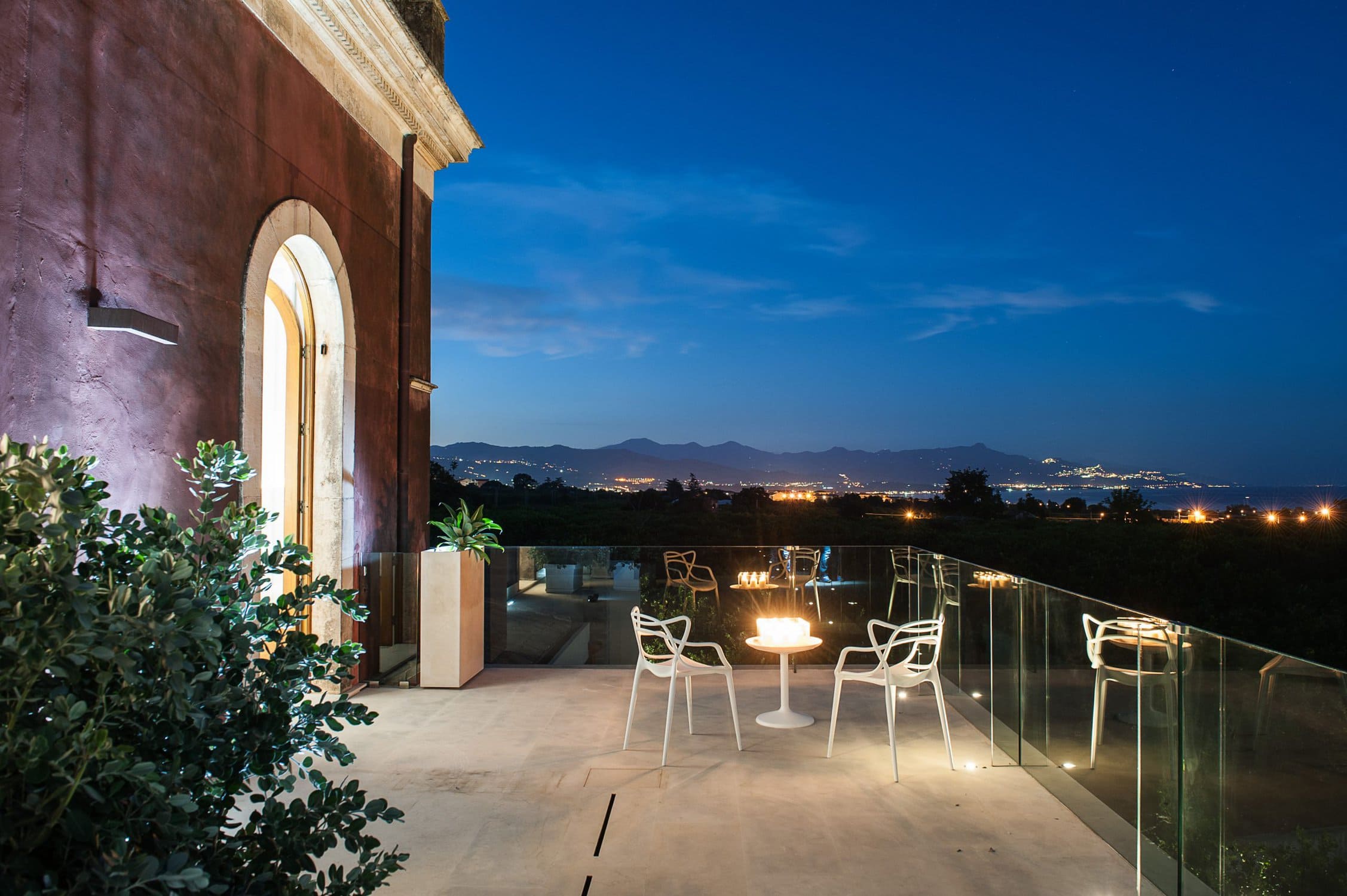
Guests at the ZASH Country Boutique Hotel's restaurant, Zash, can also expect epicurean delights. Located in the former wine cellar, the restaurant allows visitors to explore the dimensions of taste, space, and time at their leisure. Under the guidance of Chef Giuseppe Raciti, creativity and tradition merge to create a Michelin-quality cuisine.
Ecologically sustainable and typically Sicilian, the Monaci delle Terre restaurant serves what is grown on its own organic farm – particularly seasonal and regional fare. Accompanying these culinary sensations is wine from the restaurant's own vineyard.
